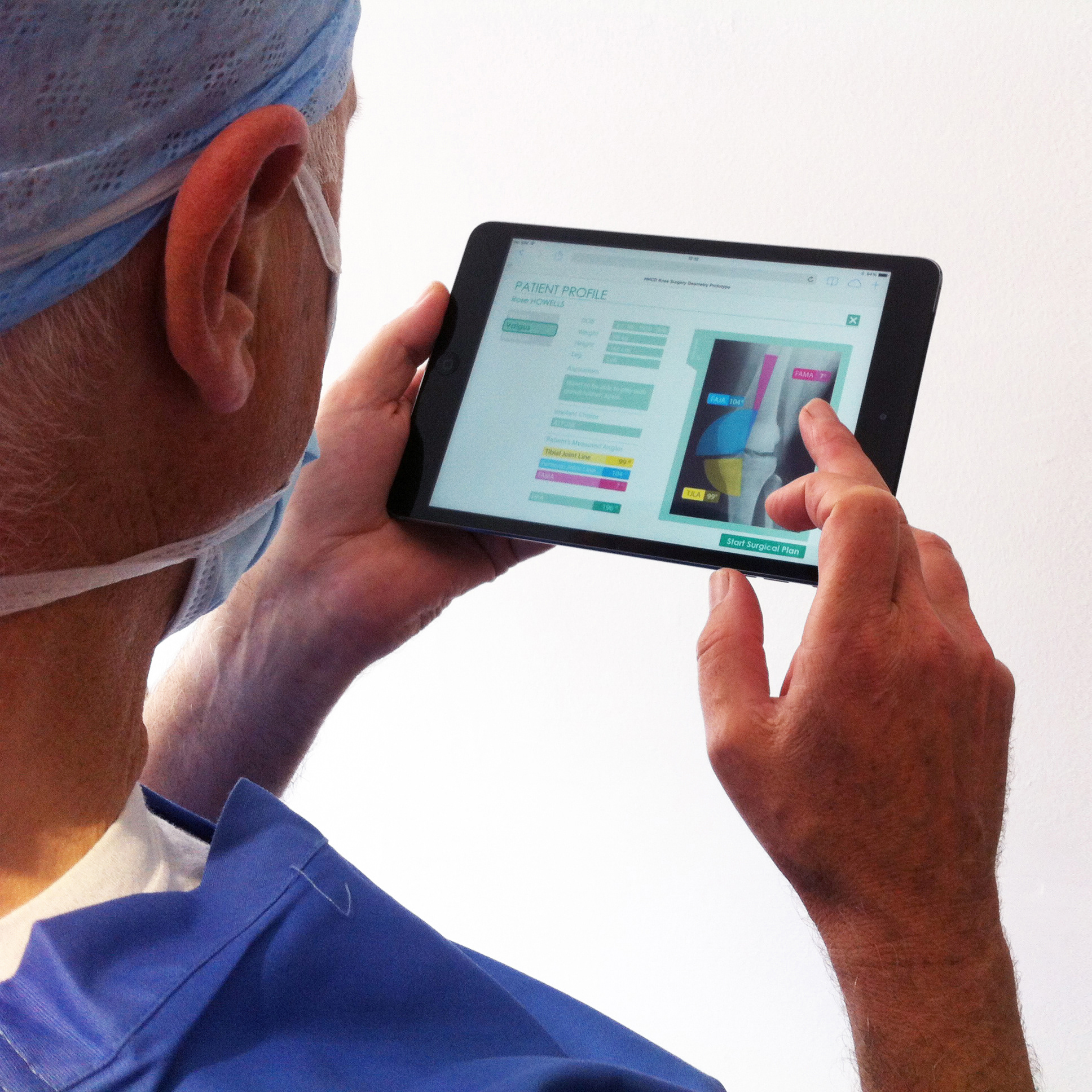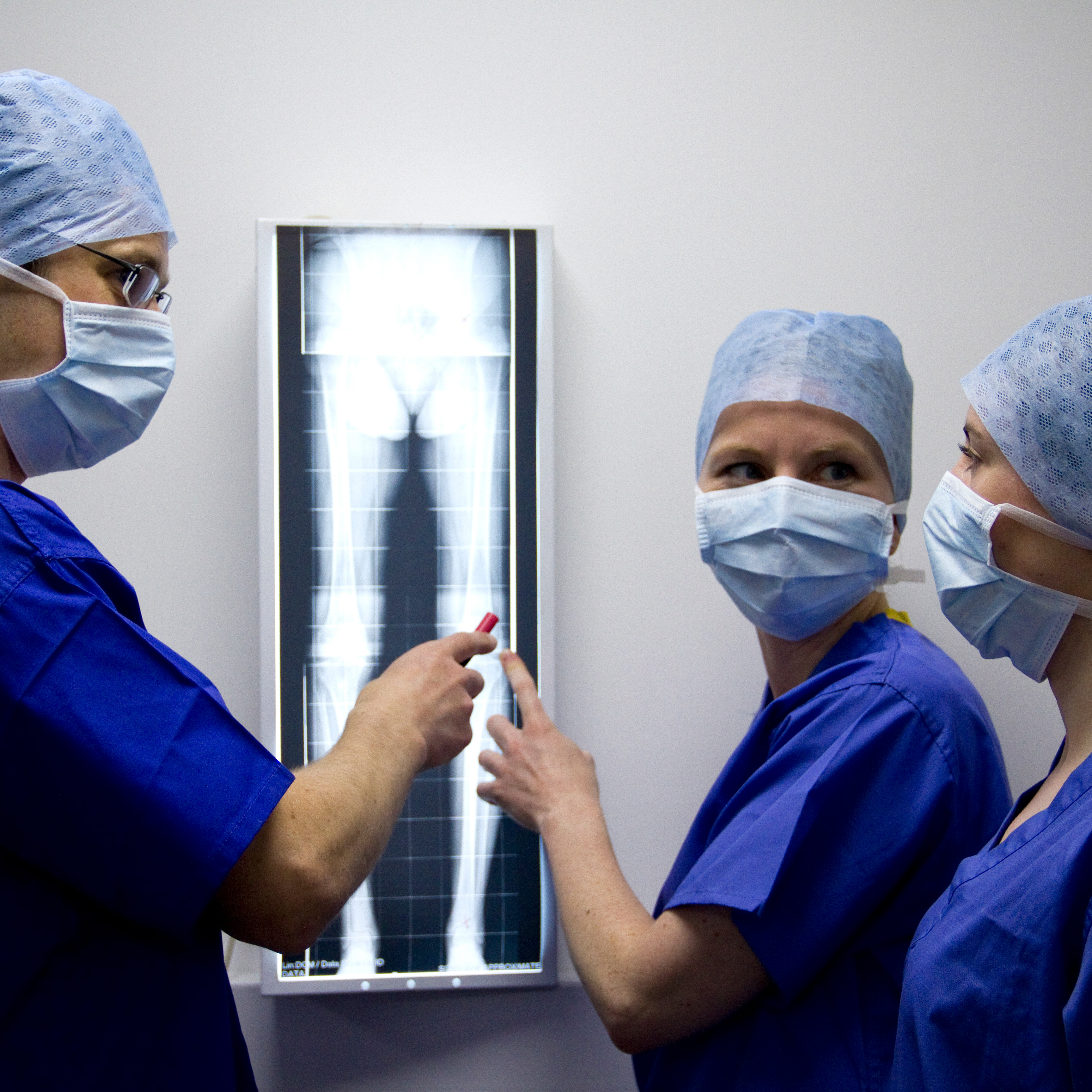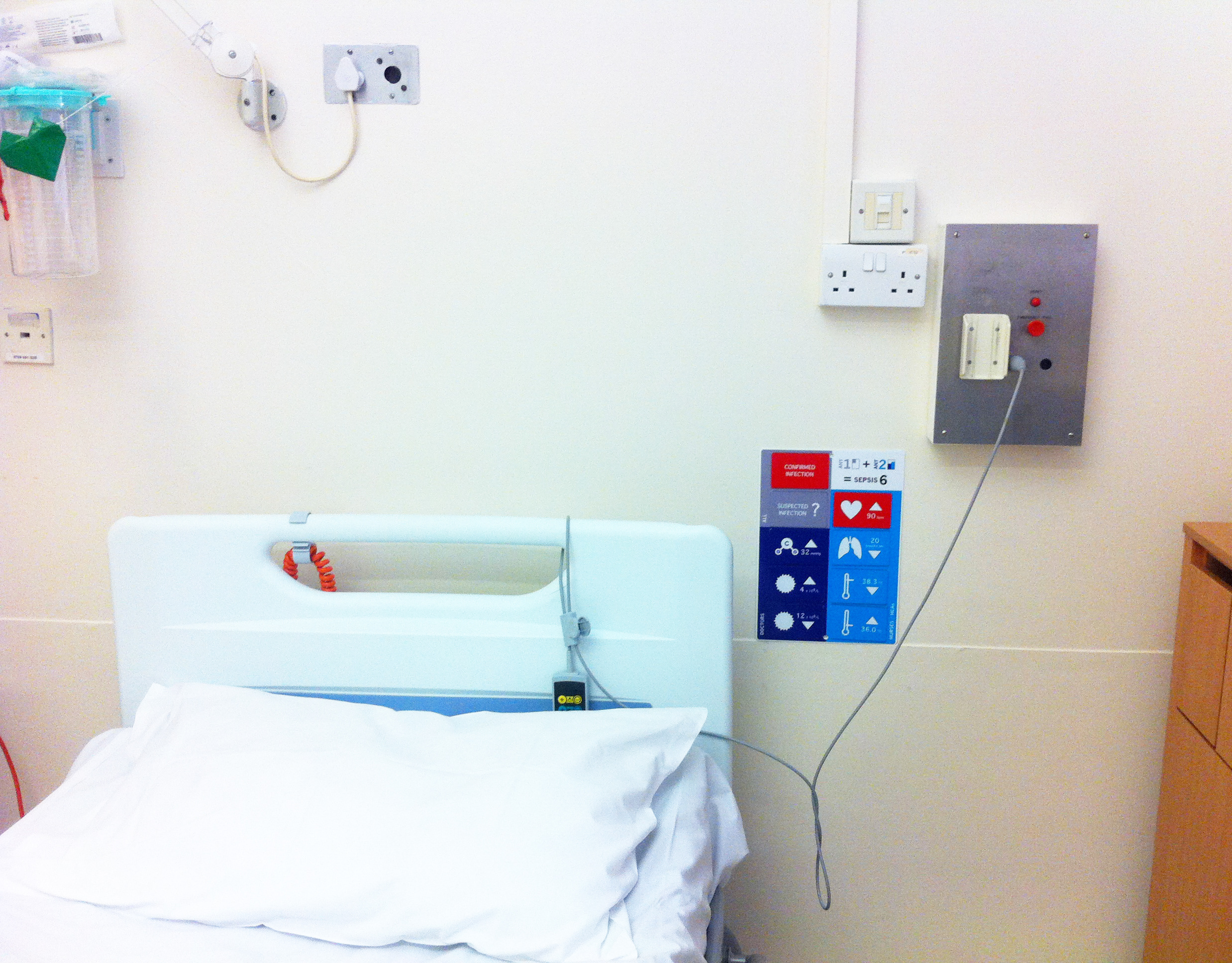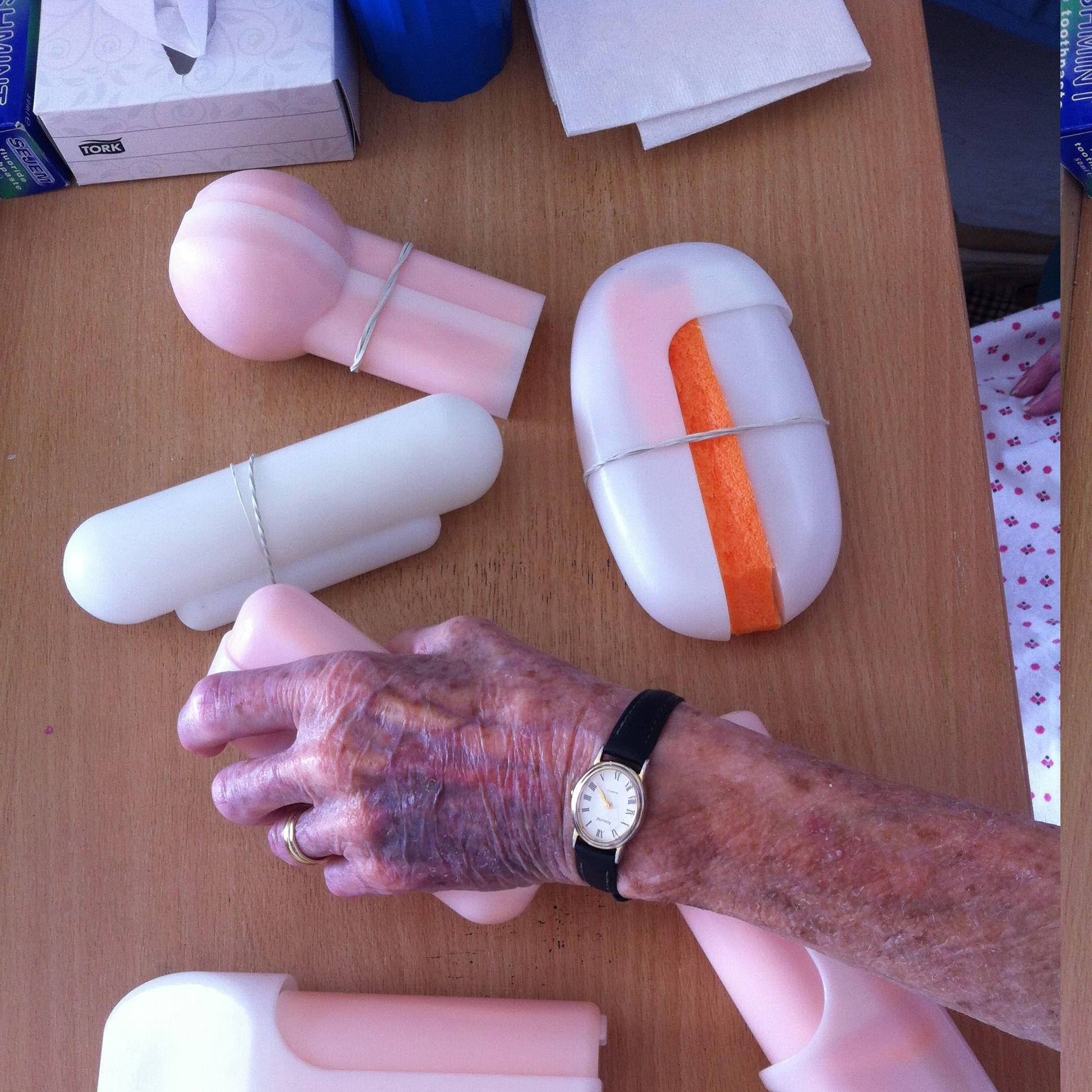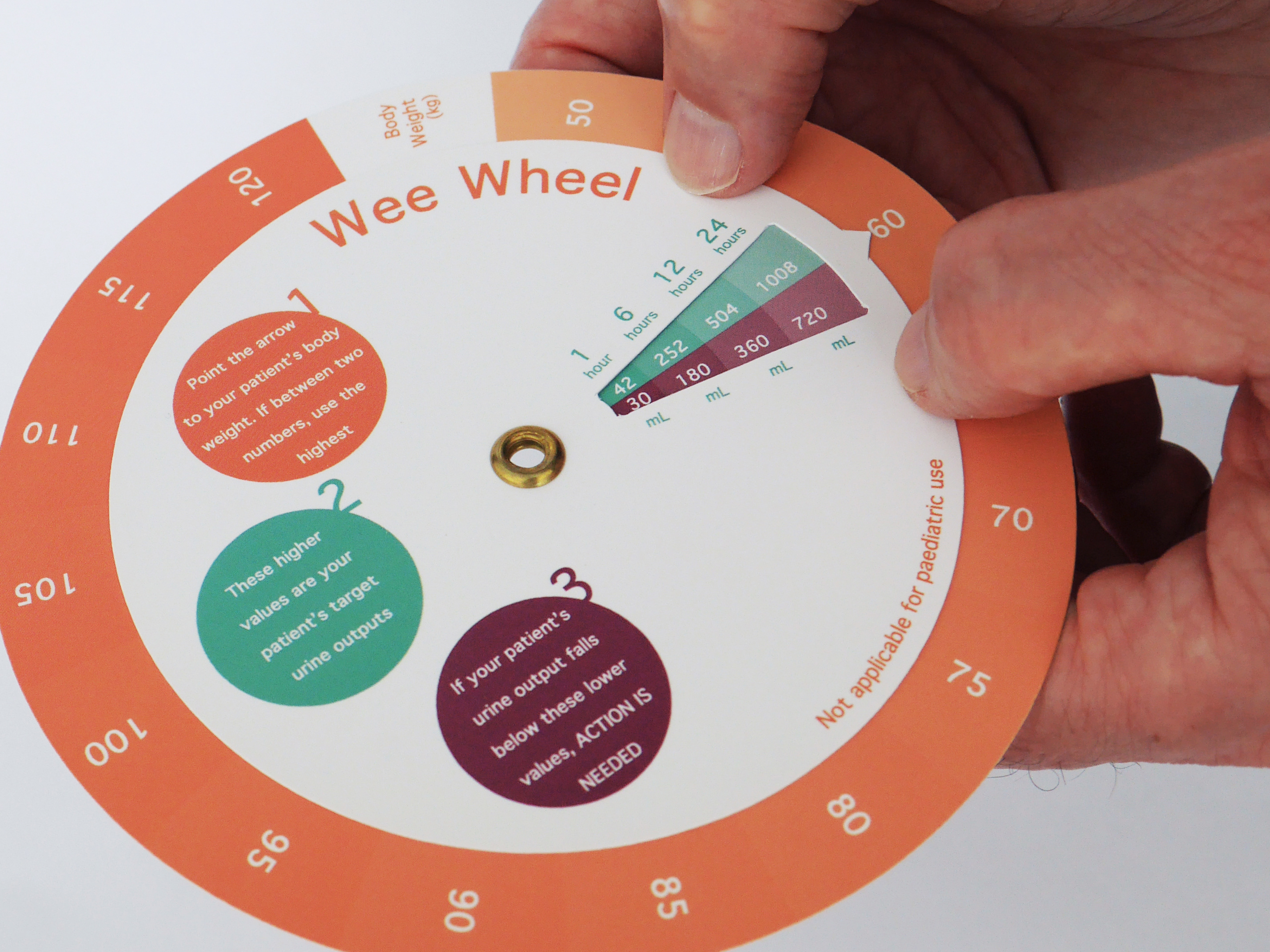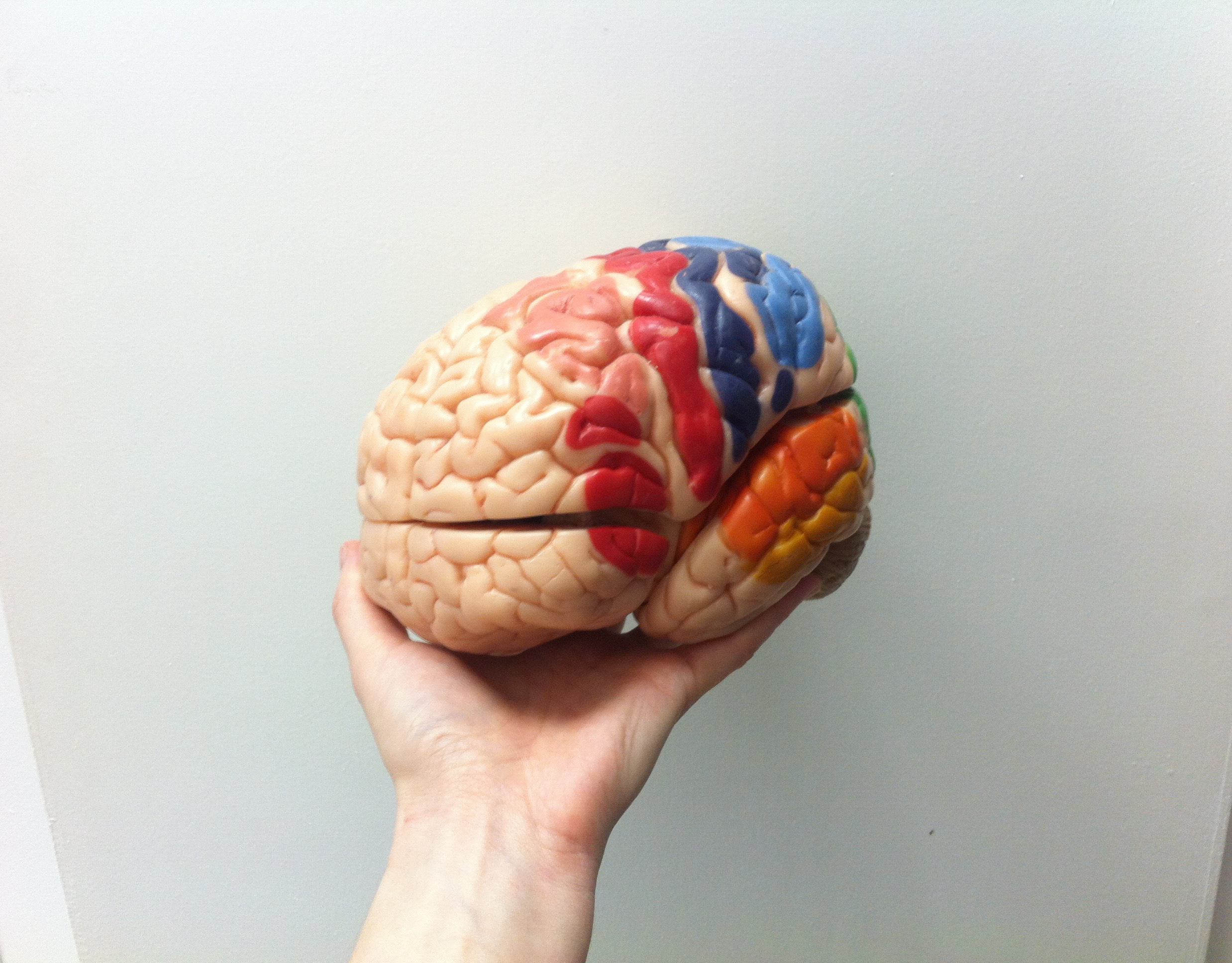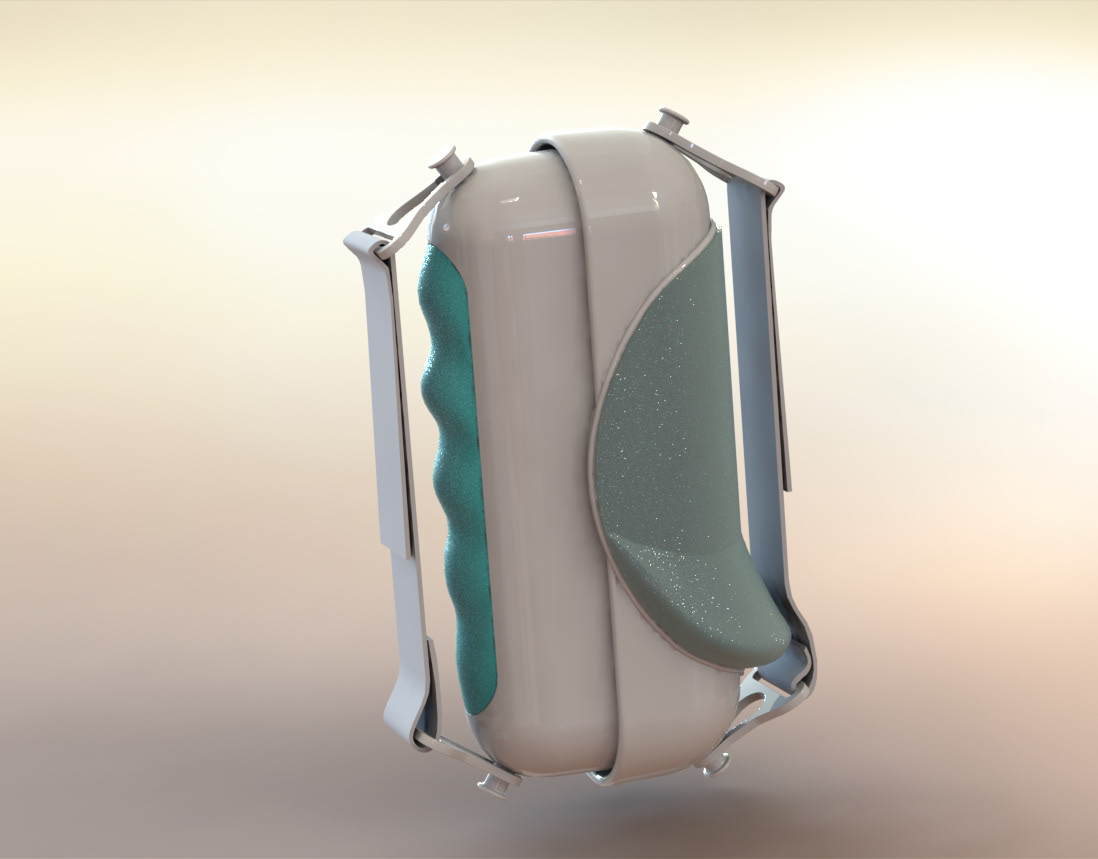A diary that empowers patients to help monitor the health of their kidneys whilst in hospital.
___
Acute Kidney Injury (AKI) is an emergency condition that escalates quickly and is one of the most common causes of 'avoidable harm to patients' admitted to hospital. In a healthy person, the amount of fluid going into the body should be more or less equal to the amount of fluid leaving - this is called 'fluid balance'. It is one of the key measurements used for diagnosing AKI, but it is often poorly recorded in patient notes, especially for un-catheterised patients.
The Hospital Diary engages able patients to become active partners in their care by recording their own fluid intake and urine output. The aim was to increase the accuracy of these measurements by educating and empowering patients, and to enable individuals to take simple preventative action such as drinking more fluids.
A Kidney Safe Bracelet was developed alongside the diary, which served three purposes: as a memory aid to remind individuals to consider and log their urine output; as a communication tool for discussing urine colour with healthcare staff; and to flag at-risk patients to all healthcare staff caring for an individual, to remind them that fluid balance should be closely monitored.
The project was in partnership with the Helen Hamlyn Centre for Design, Betsi Cadwaladr University Health Board, University College London Partners, Aneurin Bevan University Health Board, 1000 Lives Plus (now Improvement Cymru) and Bangor University. It was funded by the Health Foundation's Shine programme. The six research hospital sites were University College London, Barnet, Chase Farm, Royal Gwent, Ysbyty Gwynedd and Wrexham Maelor.
Cover image by Sarah Hibert.
